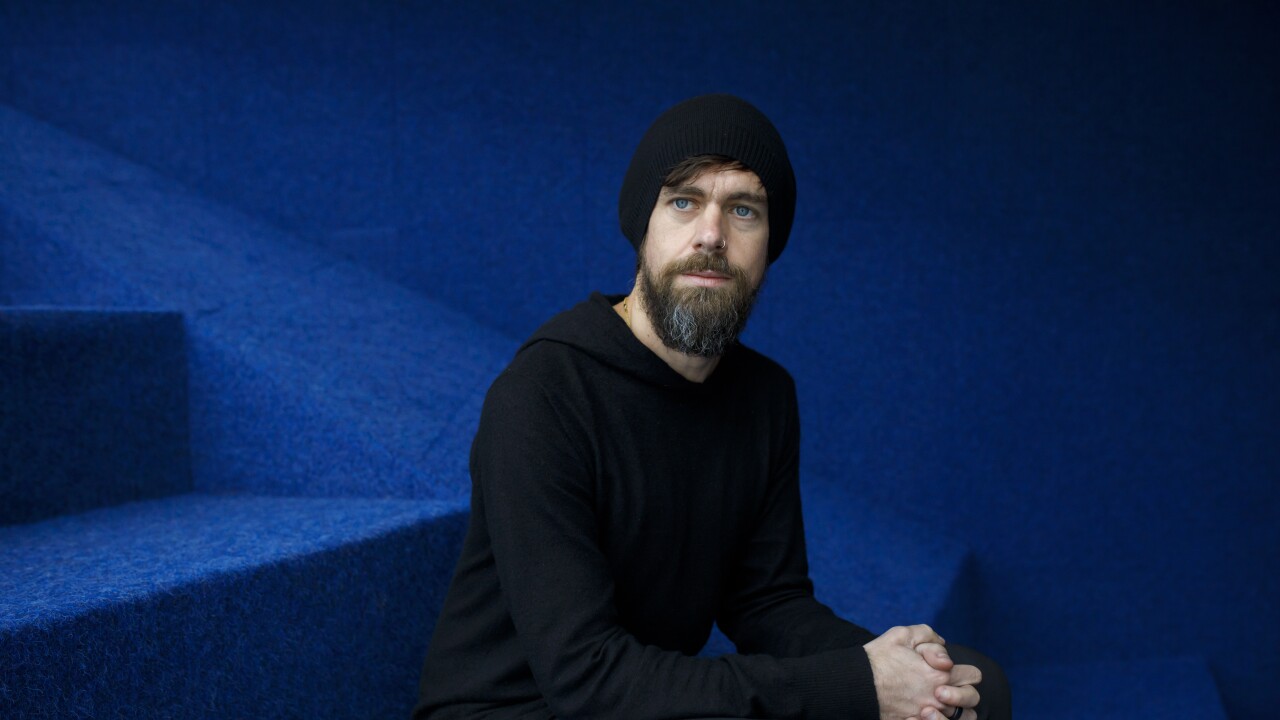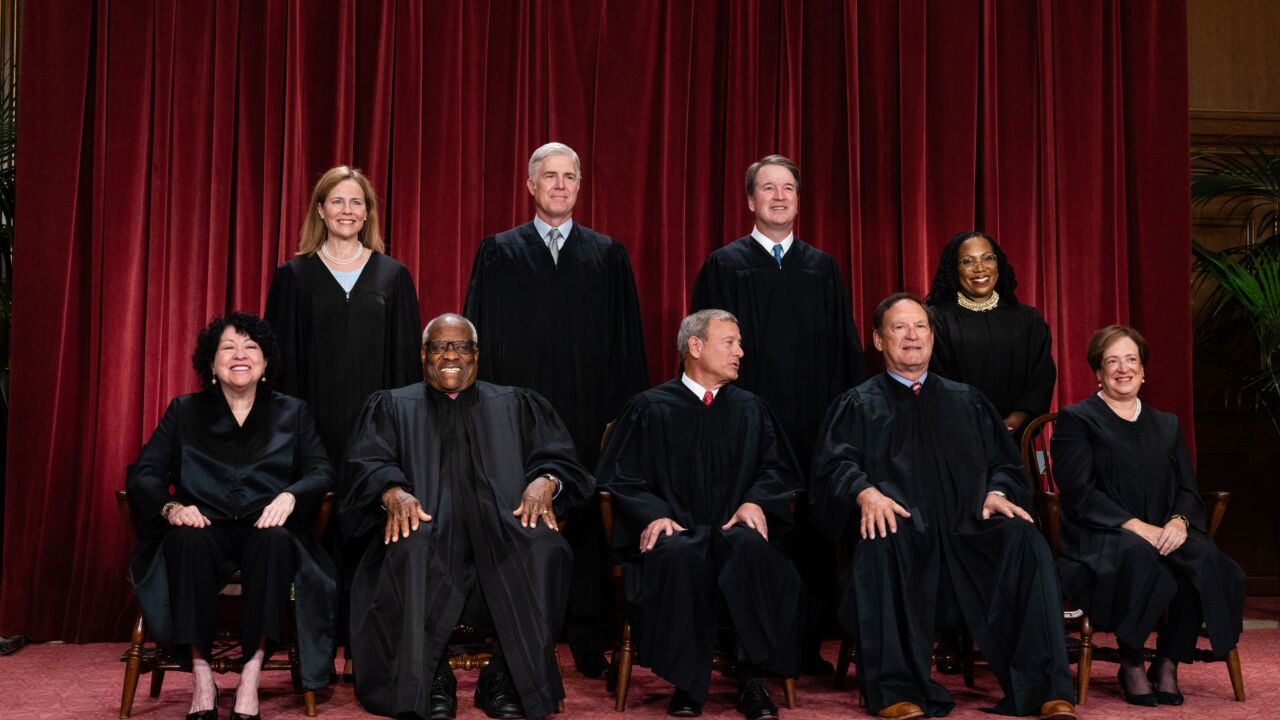Hedge funds cannot handle all the money pension funds should invest in them, Deutsche Asset Management says - so it is sinking $500 million in the funds to build them up as fast as possible.
"There aren't enough hedge funds, let alone funds of hedge funds, for the average pension fund to be as diversified as it needs to be," said Josh Weinreich, global head of alternative investments for the New York unit of Germany's Deutsche Bank AG. "For the largest pension funds, putting $50 million in a hedge fund is not meaningful enough to have an effect on asset allocation."
Last week, Mr. Weinreich said, Deutsche started a program of investing $500 million with multiple hedge fund managers, with various strategies, for pension funds to invest in through his unit.
Four billion dollars of the assets it now manages is invested in hedge funds - $1 billion in individual funds, $3 billion in funds of funds. That $4 billion is 1% of the worldwide assets of hedge funds as calculated by HedgeWorld Research Institute in Rye, N.Y.; Mr. Weinreich said that he would like that share to be 5% within five years - and that the key is demand from pension funds.
Pension funds now account for 25% of all investment in hedge funds, compared with 4% in 1990, Mr. Weinreich said. But pension funds are still an untapped market, and a major reason is lack of capacity in hedge funds, he said.
Between 6% and 16% of the assets of a wealthy individual or an institution should be in hedge funds, Mr. Weinreich said.
Deutsche's goal is not merely to increase the number of capable hedge funds for its pension customers to invest in, but also to boost the number of managers in each of the funds of hedge funds it manages, he said.
"A lot of fund of hedge funds pick 10, 15, 20 managers that they believe are the best," Mr. Weinreich said. "But if you go back 10 years, those guys are different annually. We want to pick a wider span of hedge fund managers to reduce risk through diversification."
His unit currently has money placed with about 100 hedge fund managers.
Mr. Weinreich said Deutsche aims to be the leader in hedge funds. They "are not just for high-net-worth individuals and cowboys," he said. "Hedge funds are an inefficient market that is becoming more efficient over time. We are working to institutionalize the market, and that is an evolutionary process."
Bill Helms, an executive vice president with LJH Global Investment, an alternative investment consulting firm in Naples, Fla., said there is "incredible demand" for hedge funds from high-net-worth individuals, foundations, endowments, and pension funds. The reason, he said, is that hedge funds are outperforming most other investments .
Mr. Helms, who is a former co-president of Bank of America's private bank, said Deutsche, Goldman Sachs, and Merrill Lynch are taking the right approach: managing the fund managers rather than creating and managing the actual proprietary funds.
"Too many institutions are getting into hedge funds for the wrong reason," he said. "They see it as a profitable investment vehicle and are pushing proprietary products rather than considering what is best for the clients."





